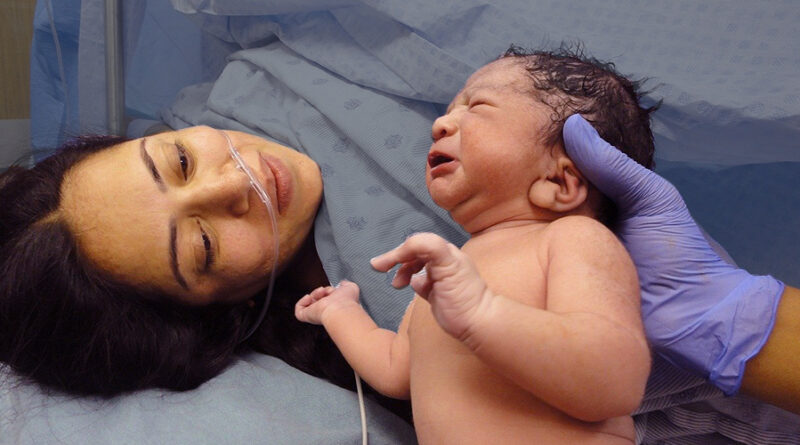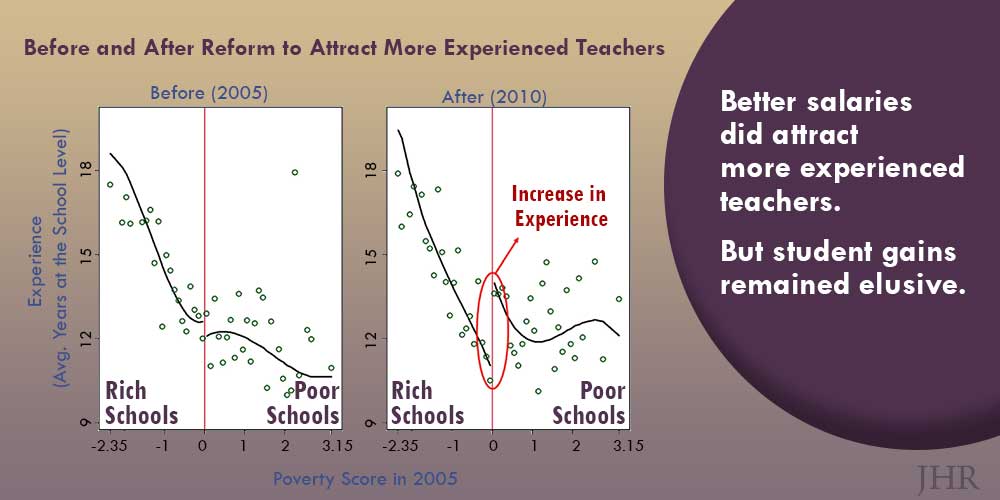Do Cesarean Sections Affect Children’s Health?
In recent decades there has been increasing concern about the rise in cesarean sections. This commonly performed surgery saves lives, but unnecessary C-sections impose significant costs on the health system and may be harmful to child health. Previous studies have associated C-sections with many adverse health outcomes, mostly by comparing children born by C-section and vaginal delivery. However, such comparison studies make it difficult to separate the true effect of C-sections from other differences between these two groups, so the question remains: Do C-sections truly have a negative impact on children’s health?
Ana Costa-Ramón, Mika Kortelainen, Ana Rodríguez-González, and Lauri Sääksvuori try to answer the question by comparing similar babies who experienced different types of birth for reasons unrelated to their or their mothers’ health. Using large administrative registers from Finland, the team finds that unplanned C-sections are more likely during doctors’ regular working hours on Fridays and holiday eves compared to other working days. Mothers and their babies delivered at these times are very similar to those with births at different times and days, suggesting that the increased probability of C-section is driven by changes in doctors’ decision-making.
As a separate approach, the researchers also compare the difference in health between older and younger siblings who were both born by vaginal delivery in comparison to sibling pairs where the first had a vaginal birth and the second an unplanned C-section. Using both of these strategies, they study the long-run effects of C-sections, examining children’s health trajectories from birth up until age 15.
The results show that avoidable unplanned C-sections increase the risk of asthma. However, they do not find strong effects on other immune-mediated disorders that research has previously associated with C-sections, such as atopic diseases or type 1 diabetes. So, does this study say unplanned C-sections are a clear health risk? According to Rodríguez-González, “While our findings highlight the long-term costs of potentially avoidable interventions at birth, they also paint a more nuanced picture of the impact of C-sections.”
Read the study in the Journal of Human Resources: “The Long-Run Effects of Cesarean Sections,” by Ana Costa-Ramón, Mika Kortelainen, Ana Rodríguez-González, and Lauri Sääksvuori.
***
Ana Costa-Ramón (@anacostaramon) is at University of Zurich and Jacobs Center for Productive Youth Development. Mika Kortelainen (@mikakorte) is at University of Turku and VATT Institute for Economic Research. Ana Rodríguez-González (@anarodriguezg_) is at Lund University. Lauri Sääksvuori is at Finnish Institute for Health and Welfare and University of Turku.
Sääksvuori acknowledges research funding from Yrjö Jahnsson Foundation and the Academy of Finland.



